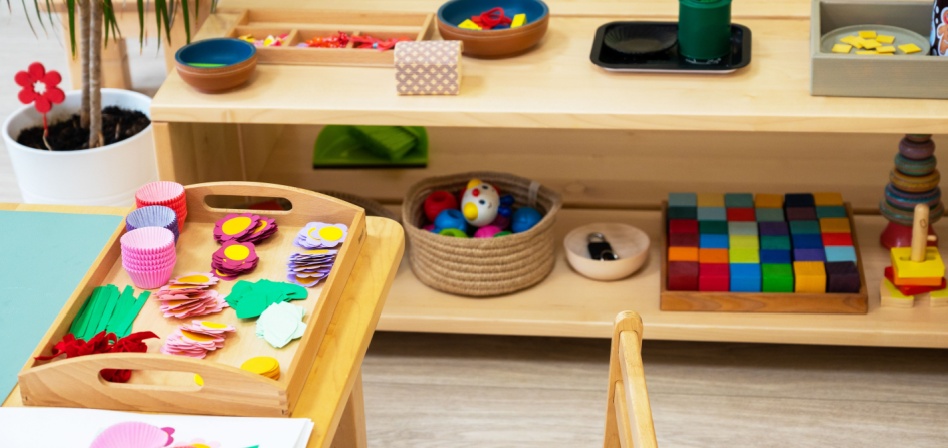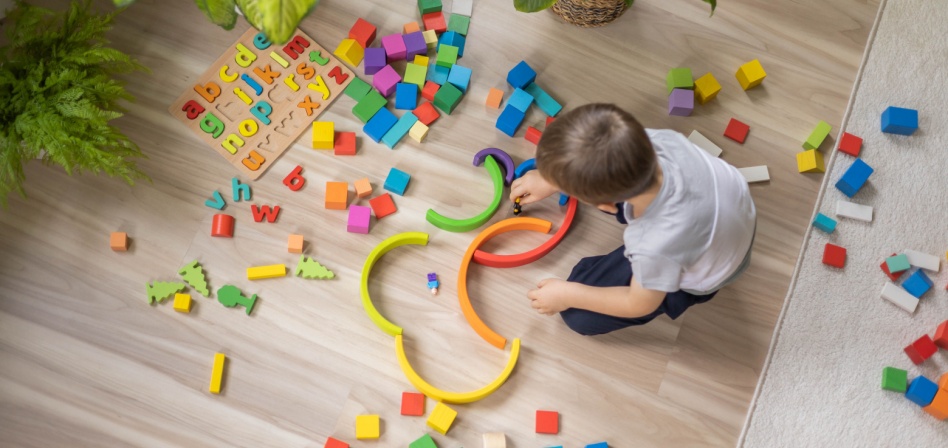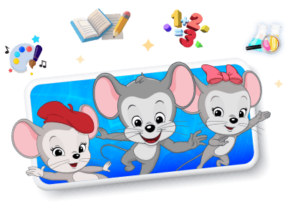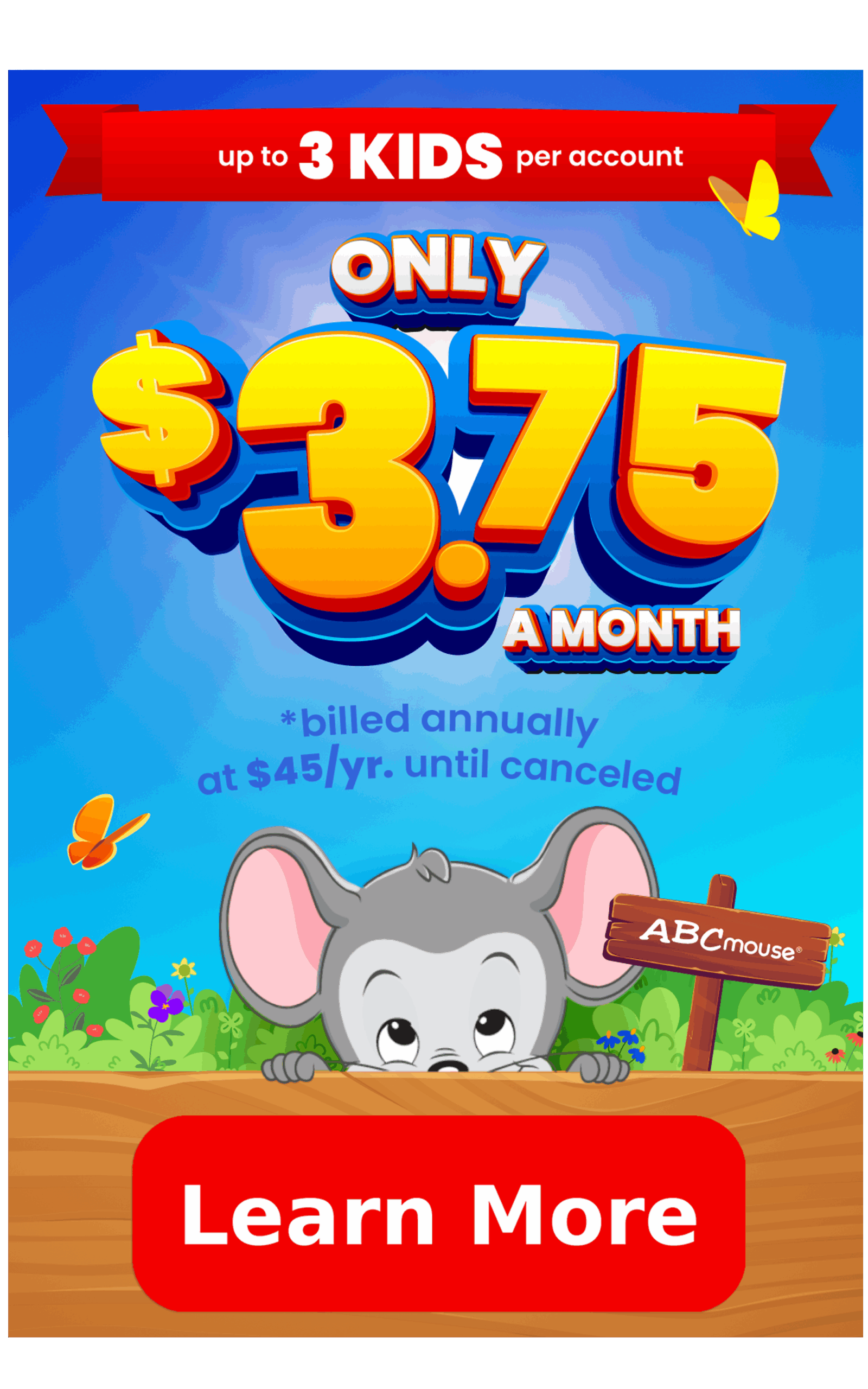
What Is Montessori Homeschooling?
Get insights on this popular approach to learning and how to incorporate it into your homeschool.
Dr. Maria Montessori, Italy’s first female physician, began her Montessori method of educating children in the late 1800s and early 1900s. She opened the Casa dei Bambini, or Children’s House, where she observed how a child’s innate desire to learn, explore, and master new skills suited them well through their education. Dr. Montessori’s theories and techniques are still widely used in homeschools worldwide.
In Montessori homeschooling, children are encouraged to take ownership of their education. In this child-led approach, parents create an environment conducive to learning the Montessori way and follow their child’s natural curiosity and interests to find connections to learning.
The Seven Key Elements of Montessori Homeschooling
Montessori education includes the following seven key elements:
- A Well-Organized Environment
A Montessori homeschool includes minimal yet effective educational toys and manipulatives that are accessible on low shelves. The learning areas are tidy, simple, organized, and logical.
- Child-Directed Learning
When children feel a sense of control in their learning, their confidence and independence grows. Within a Montessori homeschool, a child is encouraged to select an activity and work on it uninterrupted for as long as the child is interested, then promptly return it to its place and find the next activity.

- Freedom to Move
It’s believed that movement is closely related to cognition, so children in Montessori homeschooling programs are encouraged to move freely while using their learning materials.
- Didactic Materials
The Montessori curriculum includes beautifully-crafted learning materials which teach a single skill or concept. There is a logical progression to these manipulatives.
- Mixed-Age Learning
Montessori homeschooling works great for families with multiple children. Younger siblings observe and model the behavior of the older kids, and older siblings enjoy the natural leadership and responsibility of being a role model for the younger children.
- Focus on Intrinsic Motivation
Grades, stickers, and awards aren’t used in Montessori homeschooling. Instead, home educators work hard at helping their children keep their natural love for learning and mastering a new task as their motivation.
- Hands-on Learning
The Montessori method believes that interacting with materials is one of the best ways to learn. Instead of memorizing math facts, children count concrete materials. Instead of textbooks, children use wooden letters (moveable alphabet) to learn to read and write.
Easy Ways to Add Montessori to Your Homeschool
Create a learning environment that offers choices for your children and let them explore it freely.
You can change the learning options daily or weekly or leave several in place for longer periods of time. The Montessori method believes that giving children a choice about what they’re learning helps them feel a sense of control and success.

The Montessori method also supports the idea of natural learning.
Provide your child opportunities to help make dinner, clean up the learning space, or organize their books. Keep tools for these tasks available to them and in a size they can easily manipulate.
Promote self care.
The Montessori method teaches children the importance of caring for oneself, including brushing their hair and teeth and getting dressed.
Spend time in nature and appreciate music.
Developing an appreciation for the outdoors and for music are important parts of Montessori homeschooling. Music appreciation can even involve pots and pans or dried beans in a container.

Help your child learn self-regulation.
Another element of the Montessori approach is teaching children to behave in a way that’s appropriate for the environment they’re in. Montessori typically happens in a mixed-age classroom and older children often help demonstrate appropriate ways to behave in different circumstances. Home educators can also guide children through this by modeling and encouraging positive behavior.
Advantages and Disadvantages of Montessori Homeschooling
| Advantages of Montessori | Disadvantages of Montessori |
|---|---|
| Fosters independence and an innate love for learning without extrinsic motivation. | Can lack consistent implementation due to its extensive material and theories. |
| Children build confidence and independence as they master hands-on skills progressively. | May be difficult to transition to higher education without any grades or physical results. |
| A child-led approach helps children feel respected as they learn and move at their own pace. | If transitioning to a Montessori school, tuition can be costly. |
Montessori Homeschool Curriculum
Many of the pieces of curricula labeled as Montessori are recommendations rather than required. Home educators are welcome to select their own coursework and programs to tie into the Montessori philosophy.

A key way to ensure your learning space is primed for a Montessori approach is to provide plenty of learning activities for your children. This can include playdoh, studying and taking apart flowers and pinecones from outside, building with blocks, looking through books, or spelling words out with alphabet tiles.
Support Your Homeschool with ABCmouse and Adventure Academy
Our digital learning programs are designed by curriculum experts to assist your homeschool and children ages 2 through 13. ABCmouse is a comprehensive online educational platform for children ages 2-8, while Adventure Academy focuses on children ages 8-13. Both programs provide access to lessons on reading, language arts, math, sciences, social studies, and more. Learn more about how each program can enhance your homeschool below.
ABCmouse and Homeschooling
ABCmouse offers over 10,000 learning activities and more than 850 lessons for children, plus a large digital library of books and educational puzzles, songs, activities, and worksheets. The program encourages self-paced learning with motivating rewards and includes progress tracking, which allows home educators to monitor time spent on certain subjects and the number of activities completed.

Then just $14.99/mo. until canceled
As a paid add-on to regular subscriptions, home educators can access the Assessment Center, which allows parents and caregivers to test children on their knowledge, determine successes and struggles, and receive recommended lessons based on assessments.
ABCmouse provides a robust curriculum that can supplement other early learning lessons. It’s trusted resource that’s been downloaded over 10 million times and has a 4.5-star average out of 831.4K ratings.
Adventure Academy and Homeschooling
Adventure Academy combines an interactive world with a curriculum covering reading, language arts, math, science, and social studies. With quests, games, and educational videos and activities, learning becomes an epic journey that motivates kids to explore various topics.
For homeschooling families, Adventure Academy offers an engaging, flexible learning experience that can supplement other educational materials. The program features thousands of activities created by curriculum experts and covers all major academic domains.
Parents and caregivers can choose academic difficulty levels and track each child’s progress, seeing time spent in Adventure Academy, activities completed, and subjects studied.
Adventure Academy emphasizes key topics such as reading comprehension, vocabulary development, mathematical operations, fractions, world geography, American history, physical science, life science, earth science, and scientific inquiry.
For more information, visit AdventureAcademy.com.
More from ABCmouse:
-
How Effective Are Learning Apps for Kids? What the Research Says
Discover what research reveals about educational apps for kids and how to choose ones that support early learning, engagement, and skill growth.
-
Education App Statistics Every Parent Should Know
Explore 2025 stats on kids’ education apps, screen time habits, and what parents need to know about choosing high-quality learning tools.
-
Screen Time and Education Apps: Finding a Balance
Help your child benefit from screen time with tips on choosing quality educational apps, setting limits, and co-viewing together.
-
How to Choose the Best Educational App for Your Child
Find the best educational app for your child with tips on safety, content, age fit, and features that support learning for kids ages 2 to 8.
-
What Is Parallel Play
Discover how parallel play supports early social development with easy activity ideas for toddlers and preschoolers to play side by side.
-
What Is Sensory Play? Benefits, Ideas, and Activities for Learning
Discover how sensory play supports learning, motor skills, and emotional growth through fun, hands-on activities for kids.









